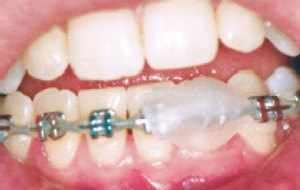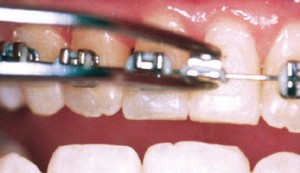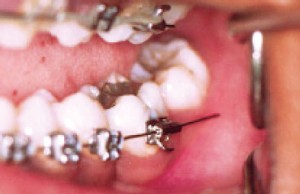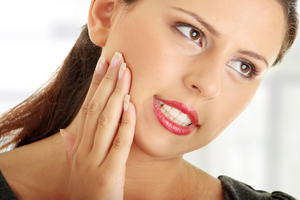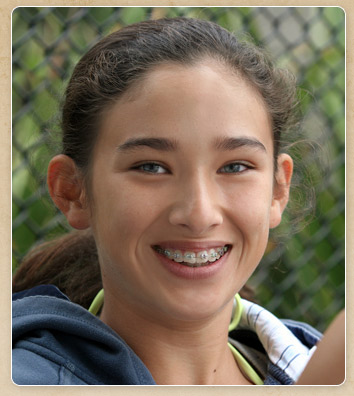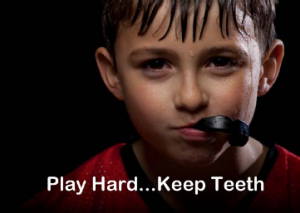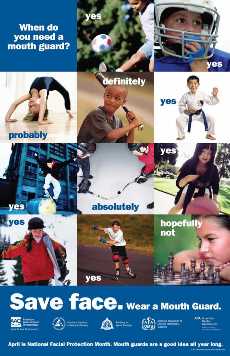Orthodontic Misconceptions
May 4th, 2016
 When you think of a person wearing braces, the first image that likely pops into your head is an awkward middle-school child with a mouth full of metal brackets and rubber bands. You may be surprised to learn that many of our patients don’t fit that stereotype, however.
When you think of a person wearing braces, the first image that likely pops into your head is an awkward middle-school child with a mouth full of metal brackets and rubber bands. You may be surprised to learn that many of our patients don’t fit that stereotype, however.
We have patients of all ages who take advantage of a broad variety of orthodontic treatments. There are many misconceptions about orthodontics, so we’d like to put a few of them to rest.
Orthodontic treatment is just for kids
Although teenagers often visit our office to get braces, adults represent a growing proportion of our orthodontic patients. Whether you’re eight or 80, a consultation with our orthodontists can identify problems with your teeth, jaws, or bite that can be corrected by orthodontics.
Traditional metal braces are my only option
Advances in orthodontic technology have come up with improved braces and other orthodontic appliances that are much less noticeable than the braces of yesteryear. Aesthetic orthodontic treatments, such as Invisalign® clear aligners and clear, ceramic braces are available to you.
Orthodontic treatment is only helpful for crooked teeth
Sure, a crooked smile is a common reason for patients to seek orthodontic care; but orthodontic interventions can help with a range of dental health problems. From missing teeth to overbites and jaw misalignment, we can help with many problems related to your teeth, gums, and jaws. Straight teeth are also easier to keep clean, so there’s less risk of tooth decay and gum disease.
Orthodontic treatment is too expensive
As with any medical procedure, orthodontics can be pricey. However, our team works with patients to identify affordable payment plans, insurance coverage, and third-party financing that reduce the financial burden.
Don’t let preconceived ideas about braces deter you from getting the orthodontic care you need! Call Bel Air Orthodontics today to schedule a visit.


